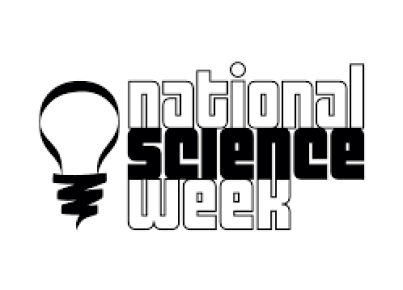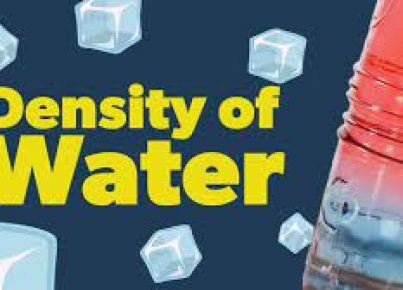Science fairs are an excellent opportunity for students to explore their curiosity, engage with scientific concepts, and learn the value of the scientific method. For teachers struggling to come up with fresh and engaging science fair projects, here are 25 ideas that will get your students excited about science!
1. Crystal Growth Experiments: A classic project. Students can learn about supersaturated solutions and crystal formation.
2. Homemade Volcano: Mix baking soda and vinegar to simulate an explosive volcanic eruption.
3. Solar System Model: Create a scale model of the solar system and explore planetary distances.
4. Lemon Battery Experiment: Demonstrate how a lemon can generate enough voltage to light up an LED.
5. Magnetic Fields in Action: Use iron filings to visualize magnetic field lines around different shaped magnets.
6. Hovercraft Project: Construct a simple hovercraft using a CD and a balloon to understand air pressure principles.
7. Identifying Bacteria in Food: Cultivate bacteria from different foodstuffs to learn about food safety.
8. Water Filtration System: Create a model to show how water can be naturally filtered in the environment.
9. Plants and Growth Conditions: Investigate how various factors like light or fertilizer affect plant growth.
10. Renewable Energy Models: Build models demonstrating solar, wind, or hydro power.
11. Invisible Ink with Lemon Juice: Write invisible messages with lemon juice and reveal them with heat.
12. Balloon and Static Electricity Experiments: Learn about electrostatic charges using balloons.
13. Homemade Slime Chemistry: Experiment with polymers by creating homeade slime.
14. Egg Drop Contraptions: Design protective structures for an egg drop challenge to learn about force and momentum.
15. DIY Sundial Creation: Understand how shadows and the sun’s position can tell time by making sundials.
16. Rock Candy Creation: Understand solubility and evaporation by growing sugar crystals on a string or stick.
17. Effectiveness of Sunscreens: Test different SPF levels to see which provides better UV protection.
18. Cleaning Oil Spills Simulation: Experiment with materials that can clean up oil spills in water effectively.
19. Lung Capacity Measurement Tool: Make a simple device to measure lung capacity and compare across individuals or activities.
20. Pendulum Wave Apparatus: Show wave patterns through synchronized pendulum swings.
21. Homemade Thermometer Construction: Use water, alcohol, and a clear bottle to construct a working thermometer.
22. Acid Rain Simulation: Explore the effects of acid rain on plants by watering them with various pH-level waters.
23. Rube Goldberg Machine Challenge: Encourage students to build complex machines that perform simple tasks in convoluted ways for fostering creativity in problem-solving skills.
24. Observing Bacterial Growth on Everyday Items: Swab common surfaces to culture bacteria in petri dishes over time.
25. Understanding Air Quality: Use lichens or other bio-indicators to assess local air quality conditions around school grounds or nearby areas.





